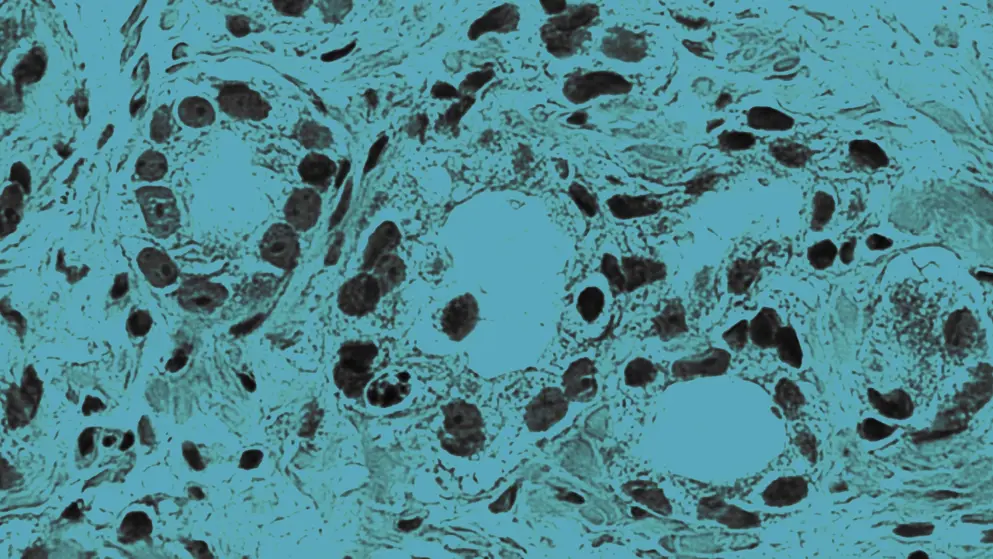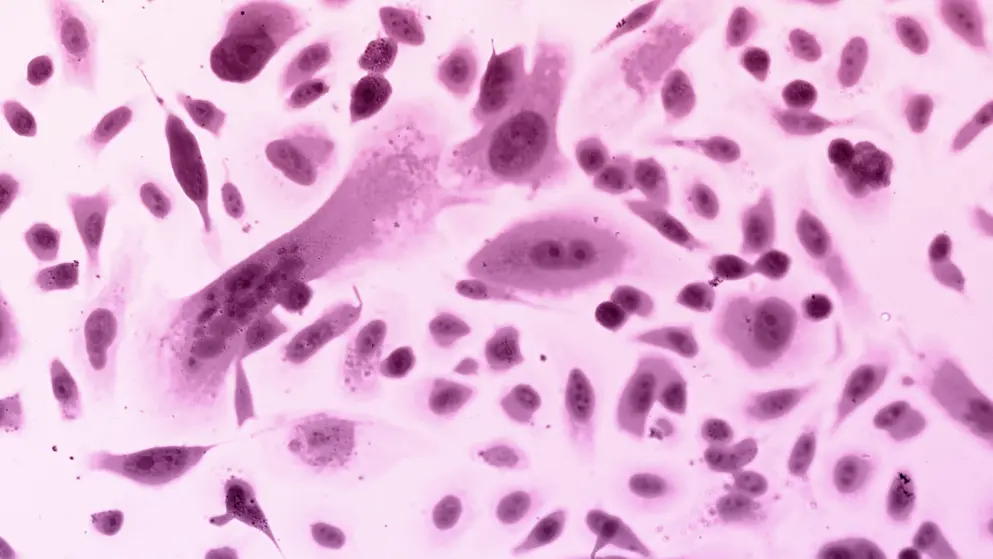
Genitourinary Cancer
of interest
are looking at
saved
next event
Genitourinary cancer is the term used to describe cancers that affect the organs of genitourinary system which includes the kidneys, bladder, ureters, urethra, male genitalia and prostate. Of note, potentially fatal neoplasms of the prostate, bladder and kidney are some of the world’s most commonly diagnosed cancers.
A number of genetic and environmental factors may put an individual at higher risk of developing genitourinary cancer. These risk factors may be modifiable, such as smoking, or non-modifiable such as age. Infection with specific pathogens, like human papillomavirus (HPV) may also increase risk of certain genitourinary cancers.
Symptoms vary significantly between genitourinary cancers, but early detection generally results in improved prognosis and therefore raising patient awareness of what to look out for is key to improving disease outcomes.
Treatment options available to patients with genitourinary cancers include surgery, radiation therapy, chemotherapy and targeted therapies, which are often used in combination and are selected based on a range of patient and disease specific factors.
To find out more about one of the most common types of genitourinary cancer, visit our dedicated Prostate Cancer Learning Zone where you will find information on the symptoms, diagnosis and treatment of this condition.
Developed by EPG Health for Medthority, independently of any sponsor.



